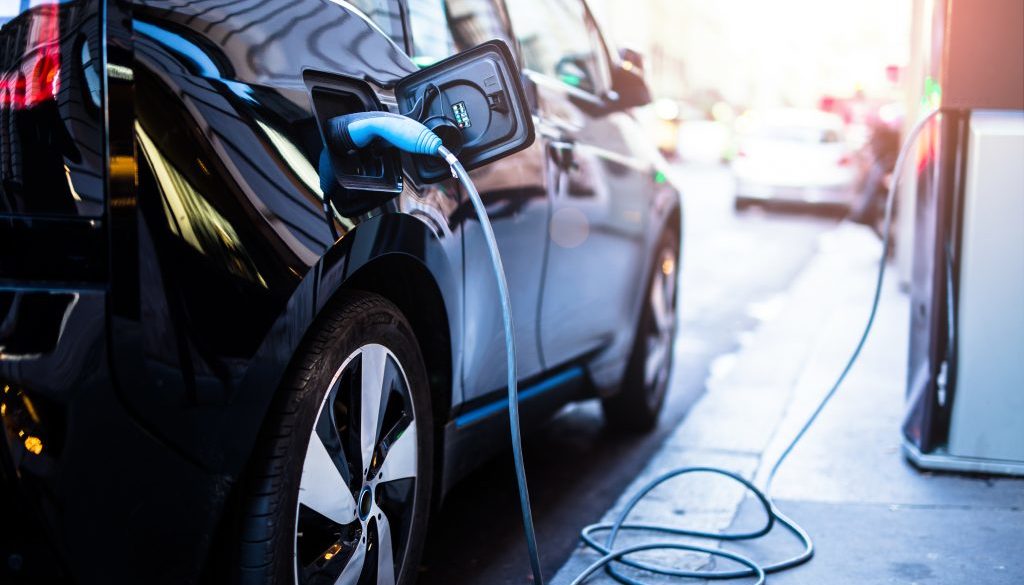UCS Joins Lawsuit to Stop Pruitt From Rolling Back Clean Car Standards
By Josh Goldman, Union of Concerned Scientists
UCS joined a coalition of non-profit organizations in filing a lawsuit to challenge EPA Administrator Scott Pruitt’s attempt to roll back a regulation designed to improve vehicle gas mileage, save you money, and tackle transportation-related emissions, the biggest source of climate change pollution in the U.S.
A brief history of the fuel efficiency standards
This suit opens a new chapter in an epic saga that is longer than any George R.R. Martin or Robert Jordan series. Was this saga TL;DF (too long, didn’t follow)? Here is a brief primer.
In 2009 automakers agreed to a federal standard that requires them to gradually raise the average mpg of their vehicles through 2025. But, two days after President Trump took office, automakers and their trade groups asked the White House to weaken the standard. The Trump Administration agreed, and subsequently relied on bogus, industry-funded science to determine that the standards need to be changed.
How, exactly, the standards will be changed is TBD, but even before we allow EPA to get to that stage, UCS and our allies are asking a panel of federal judges to review the EPA decision to reexamine the standard. If the court finds that EPA’s decision to overlook the reams of science-based evidence that supported the original standard was improper, then EPA will have to go back to the drawing board and the current standard will remain intact.
Is this all the automakers fault?
In a word, yes. But blame must also be placed on the Trump Administration, which has turned this program into such a boondoggle that automakers have begun to change their tune and claim that EPA isn’t doing what they asked for. Don’t feel too bad for the automakers, though. They led a bull into a china shop and are now upset that the bull is destroying too much china.
What happens if EPA wins
This isn’t the final chance to stop the fuel efficiency standards from being destroyed. Even if EPA wins this case and the similar suit filed by 17 states and the District of Columbia, EPA still needs to submit an additional rulemaking for public comment that details exactly what the standards will be out to 2025. EPA will receive tens – if not hundreds – of thousands of comments in support of maintaining a strong standard, though it is unlikely they will listen to any of them. So, a weak rule will probably get finalized, which will prompt an opportunity for another lawsuit. That lawsuit will be the final crack at striking down what EPA is trying to do but, given how fast the federal government operates, won’t be initiated for quite some time.
In the interim, it’s important to keep pressure on EPA by having the judiciary rule on whether what they did was within the bounds of their authority. EPA ultimately chose to modify a standard that is based on the best available science, years of stakeholder input, and broad public support – and the small army of attorney’s representing the coalition of NGOs and states will make sure the court hears that argument loud and clear. It will also be important to submit comments to future EPA rulemakings on this issue – even if they don’t persuade the agency. An overwhelming number of comments in support of a strong rule clearly demonstrates how Americans view fuel efficiency standards, and can help a court find that EPA did not act in the public interest in weakening the standards.

